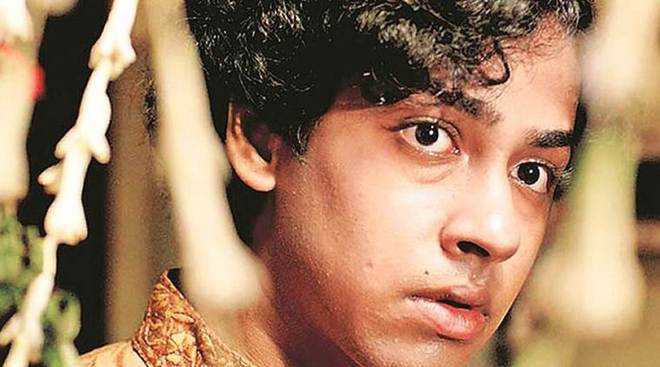Shoma A. Chatterji
Nagarkirtan is a Bengali film. But its echoes will ring across the world map not only because of its bold portrayal of the love story of a transgender person but also because director Kaushik Ganguly has treated the film and its characters with empathy and restraint. Known for his unique cinematic perception of rarely explored subjects, Ganguly has not allowed melodrama to seep in at any point.
Nagarkirtan is about Parimal, an urban transgender who was born male but believes he is a girl trapped within a male body. He is forced to run away from home when the young teacher he felt loved him for whatever he was ditched him to marry his elder sister. He joins hijra community as Puti in Kolkata and begs at traffic signals besides dancing at family functions. The hijras do not know that he is really a male. Trouble ensues when he falls in love with Madhu. Madhu works at a Chinese takeaway when he is not playing the flute at keertana functions. He comes from a family steeped in the religious philosophy of Sri Sri Chaitanya Mahaprabhu in Mayapur but is estranged from the family. The two run away with the aim of Puti going in for sex reassignment surgery. This story can only have a tragic end. By then, the audience is so emotionally involved with the journey and their struggle to be recognised and accepted that it does not make a difference. One can almost identify with the pain Madhu and Puti suffer together.
Explaining the intriguing title, Ganguly says, “Kirtan is a ballad, based on the love story of Radha and Krishna. The ups and downs and conflicts of their romantic relationship are narrated through the kirtana form. My Radha-Krishna are Puti and Madhu. I have taken the reference of kirtan because of Radha and Krishna and the love story is based in a city, hence, Nagarkirtan.”
The music and songs of Lord Krishna that run parallel to the main narrative underscore the reality of the unity of both male and female in many of the gods within Hinduism, especially in the form of Sri Chaitanya and Krishna. The songs are all kirtana recitals around Radha and Krishna’s love story. These smoothly integrate into the narrative of the love between Madhu and Puti.
What is unique about the film is that the director and the main actors actually lived and worked with a real hijra community for several weeks to be able to imbibe their lifestyle. Among the hijras that have worked in Nagarkirtan was Professor Manabi Banerjeee, a real-life transgender, who is the Principal of Krishnanagar College. She gifts Puti with a beautiful statuette of Sri Sri Chaitanya Mahaprabhu and tells him to take it wherever he travelled to. “All hijras have attended workshops and prepared for their roles. They have all worked together in the film. They have been trained in acting to be free of inhibitions. They have absolutely no inhibitions,” adds Ganguly.
Says Ganguly, “I am deeply interested in telling the stories of those who are marginalised, who live in the darkness and about whom not much is discussed. I feel more successful as a director if I tell their stories.” Nagarkirtan has bagged four National Awards in the Best Feature Film (special jury), Best Actor, Best Costume and Make-up categories.
Unlock Exclusive Insights with The Tribune Premium
Take your experience further with Premium access.
Thought-provoking Opinions, Expert Analysis, In-depth Insights and other Member Only Benefits
Already a Member? Sign In Now










